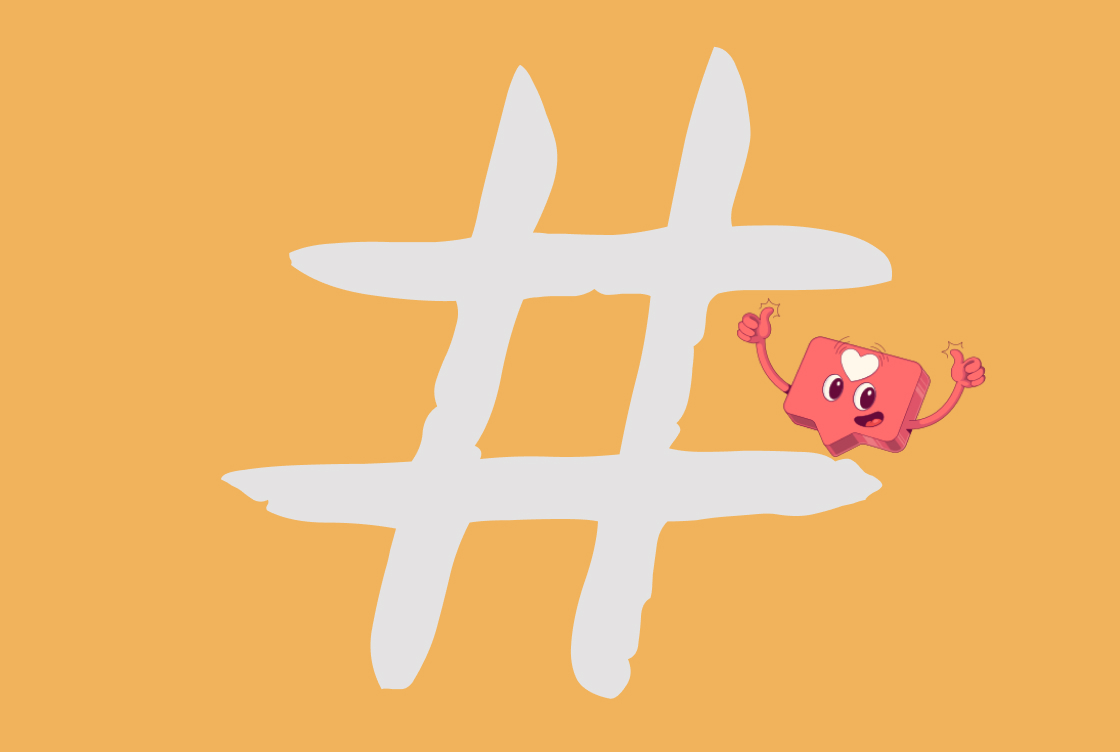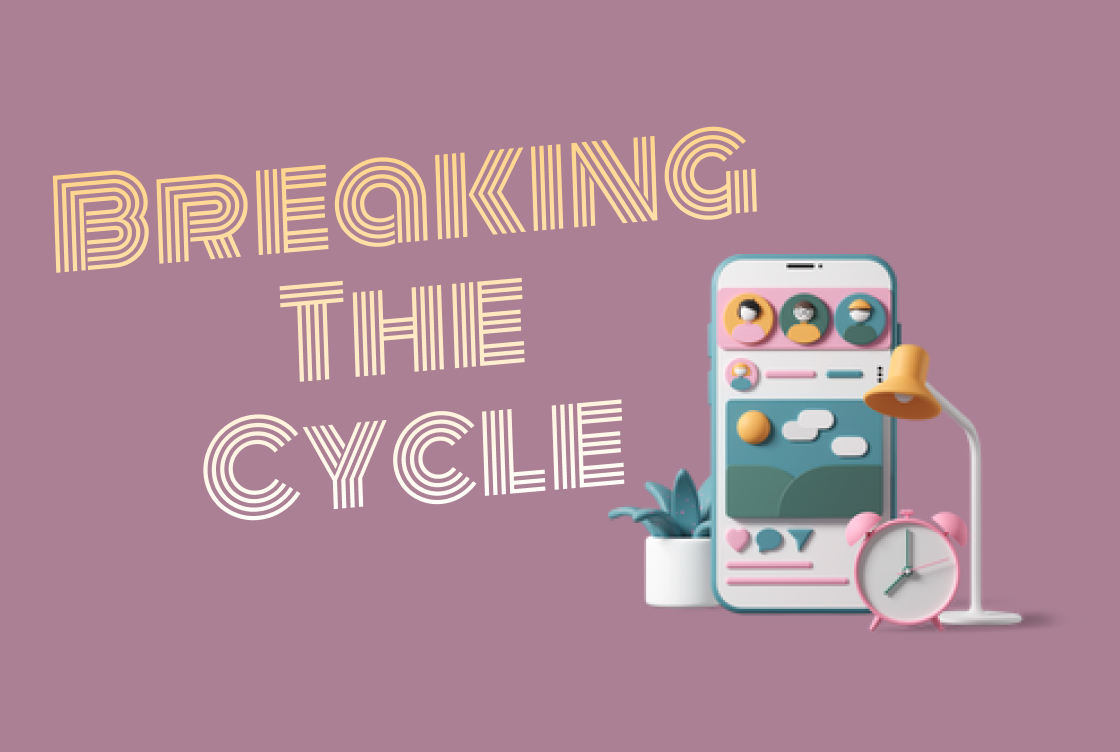TL;DR Social media addiction refers to the excessive use of social media platforms, such as Facebook, Twitter, and Instagram, that can interfere with an individual's daily life and relationships. It can be difficult to break the cycle of addiction, but there are strategies that can help, including setting limits on screen time, finding healthy ways to connect with others, and taking breaks from social media. It's important to address social media addiction in order to live a more balanced, fulfilling life.
Are you struggling with social media addiction? You're not alone. In today's digital age, it's common for people of all ages to become compulsively addicted to social media platforms. From shopping and meeting new people to working and staying connected, our lives are increasingly intertwined with social media. But this addiction can lead to loneliness, radiation exposure, and a sedentary lifestyle. So how can you overcome social media addiction and live a healthier, more balanced life?
Social media has become an integral part of our daily lives, with many of us spending hours each day scrolling through our feeds, connecting with friends and family, and keeping up with the latest news and trends. But for some people, social media use goes beyond just a leisure activity and becomes a compulsive behavior that interferes with their daily functioning. This addiction to social media can have serious negative consequences, including loneliness, radiation exposure, and a sedentary lifestyle.
The first step to overcoming social media addiction is to recognize that you have a problem. Some common signs of social media addiction include feeling anxious or depressed when you're unable to access your accounts, constantly checking your phone or computer for updates, and neglecting your responsibilities or relationships in favor of social media. If you recognize these behaviors in yourself, taking action and seeking help is essential.
One way to tackle social media addiction is to make an effort to spend more time with friends and family in person. Social media can make us more isolated and introverted, as we spend more and more time in front of screens and less time interacting with people face to face. Making time for face-to-face interactions with loved ones can reduce social media usage and improve overall well-being.

Another effective strategy is to set limits on your social media use. It's easy to lose track of time when scrolling through our feeds, but prolonged exposure to the radiation emitted by technological devices can harm our bodies. To reduce your radiation exposure and break the cycle of social media addiction, consider setting a timer on your watch or phone to limit your time on social media daily. Choose a limit that makes sense for your levels of addiction, such as an hour per day or seven hours per week. Every time you check your accounts, turn on the timer to help you stick to your limit.
In addition to setting limits, finding alternative activities to fill the time you typically spend on social media is essential. This could be something as simple as reading a book, walking, or starting a new hobby. By keeping your mind and hands busy with other activities, you can reduce your cravings for social media and discover new interests and passions.
Finally, consider seeking professional help if you struggle to overcome social media addiction. Many resources available, including therapy, support groups, and online resources, can help you break the cycle of addiction and live a healthier, more balanced life.
In conclusion, social media addiction is a common problem that can have serious negative consequences. By recognizing the problem, spending more time with friends and family, setting limits on your usage, and finding alternative activities, you can overcome social media addiction and live a happier, more fulfilling life.

